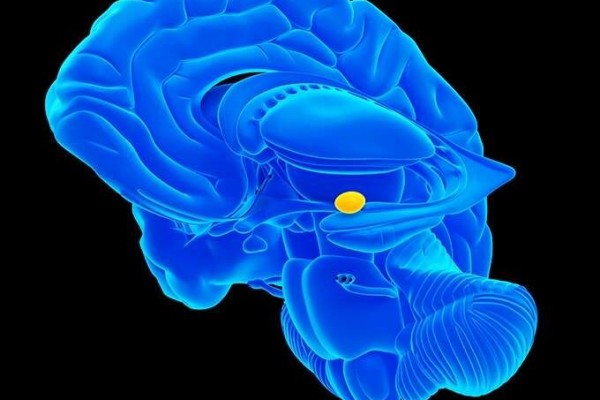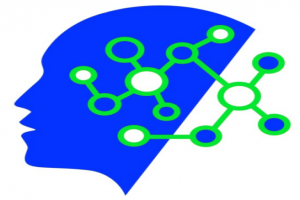New pathways in brain's amygdala
Researchers at The University of Texas at San Antonio (UTSA) are pioneering an innovative brain study that sheds light on how the amygdala portion of the brain functions and could contribute to a better understanding of post-traumatic stress disorder, anxiety, depression and Alzheimer's disease.
The researchers, Alfonso Apicella, an associate professor in the Department of Biology, research associate Alice Bertero, postdoctoral fellow Paul Luc Caroline Feyen, and graduate student Hector Zurita, published their study, "A non-canonical cortico-amygdala inhibitory loop," in the Journal of Neuroscience..
Conditions such as PTSD, anxiety and depression are thought to be linked to the abnormal functioning of the amygdala, which is located within the temporal lobes and plays a key role in processing emotions, actions and cognition.
"This novel research paper provides anatomical and physiological evidence for the existence of a long-range inhibitory pathway from the auditory cortex to the amygdala in the mouse brain," Apicella said. "For the first time, in our paper we show this emotional pathway."
You may read the whole text here.





Related Posts